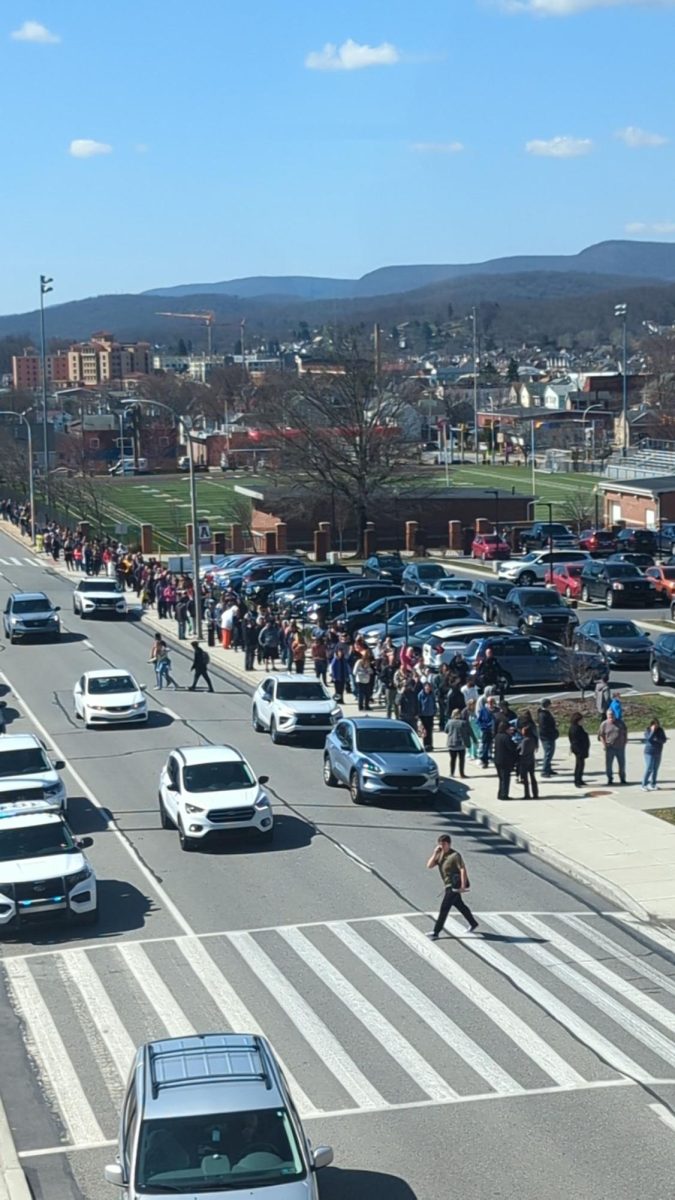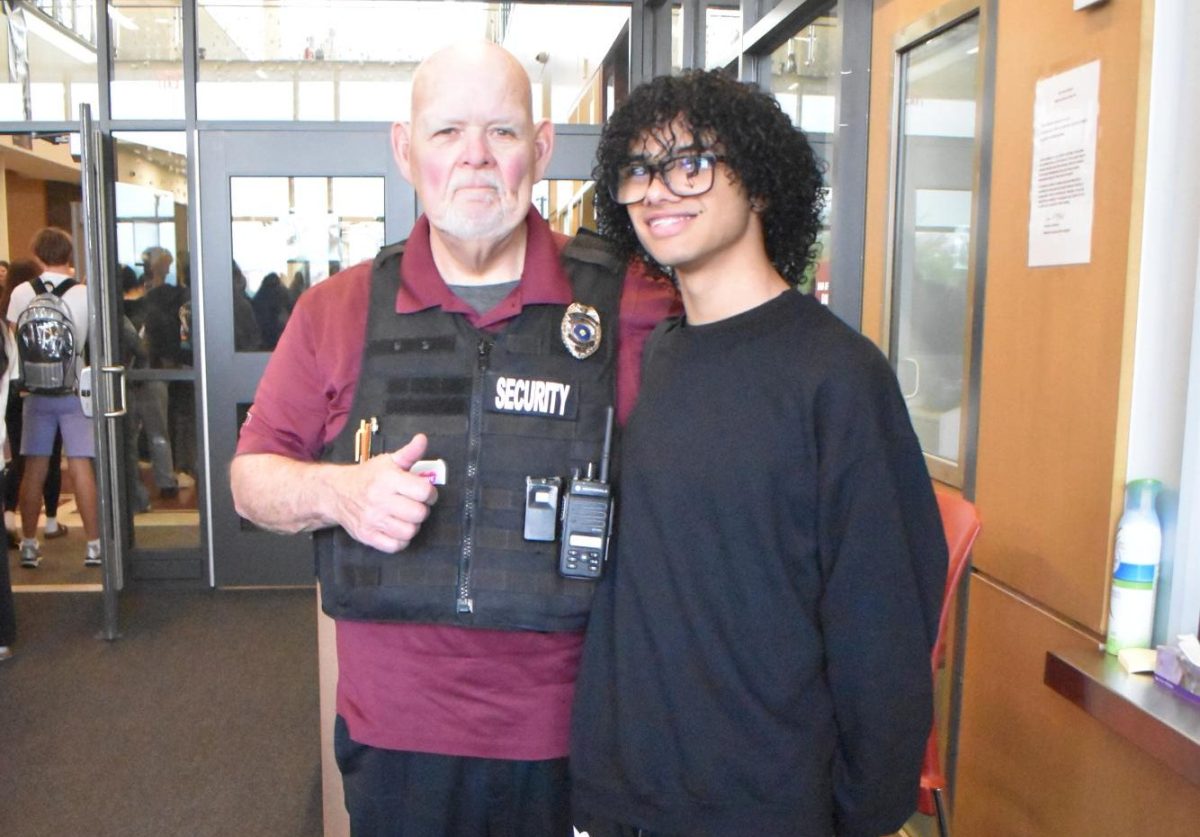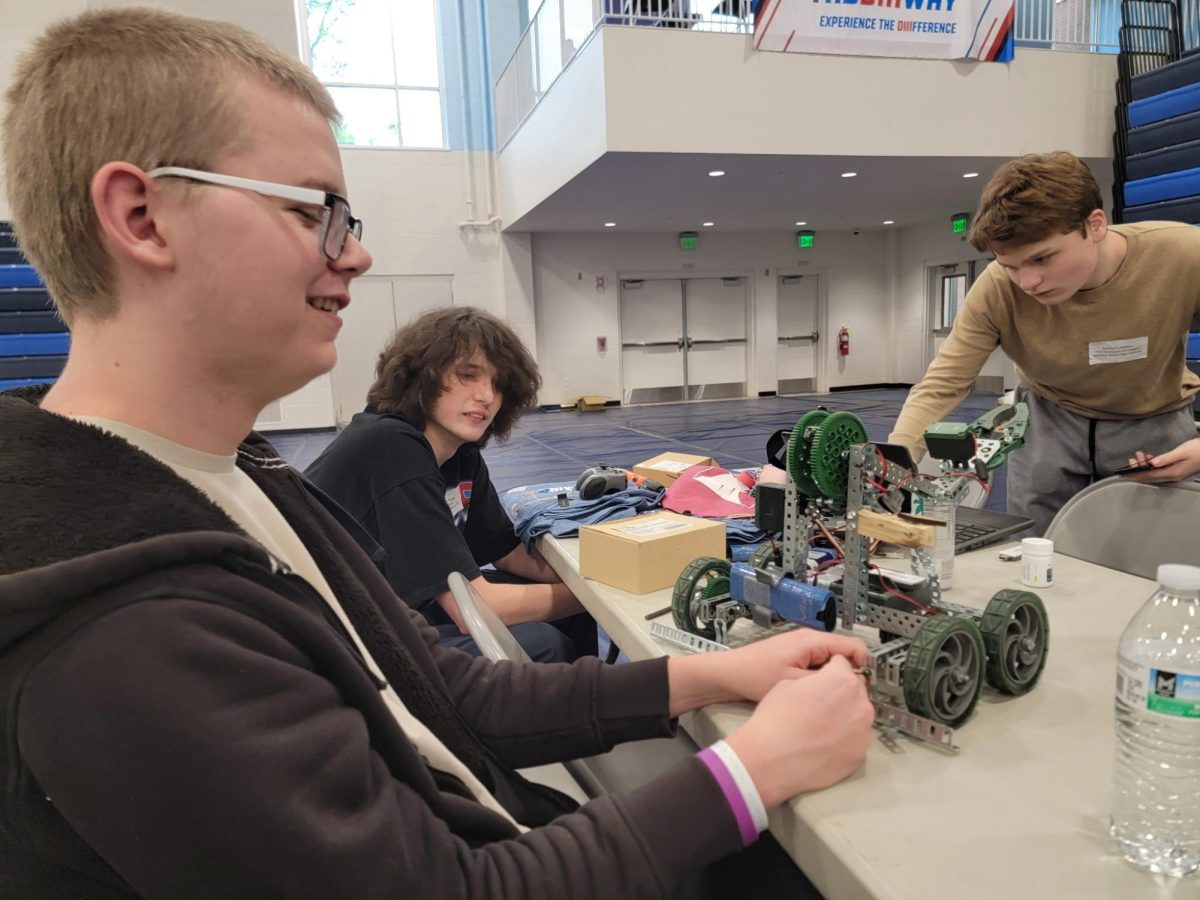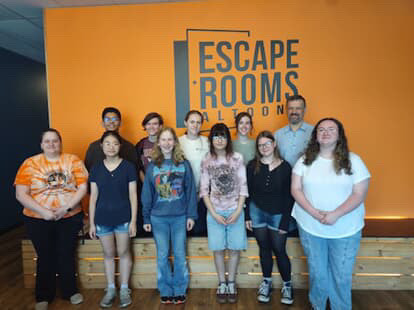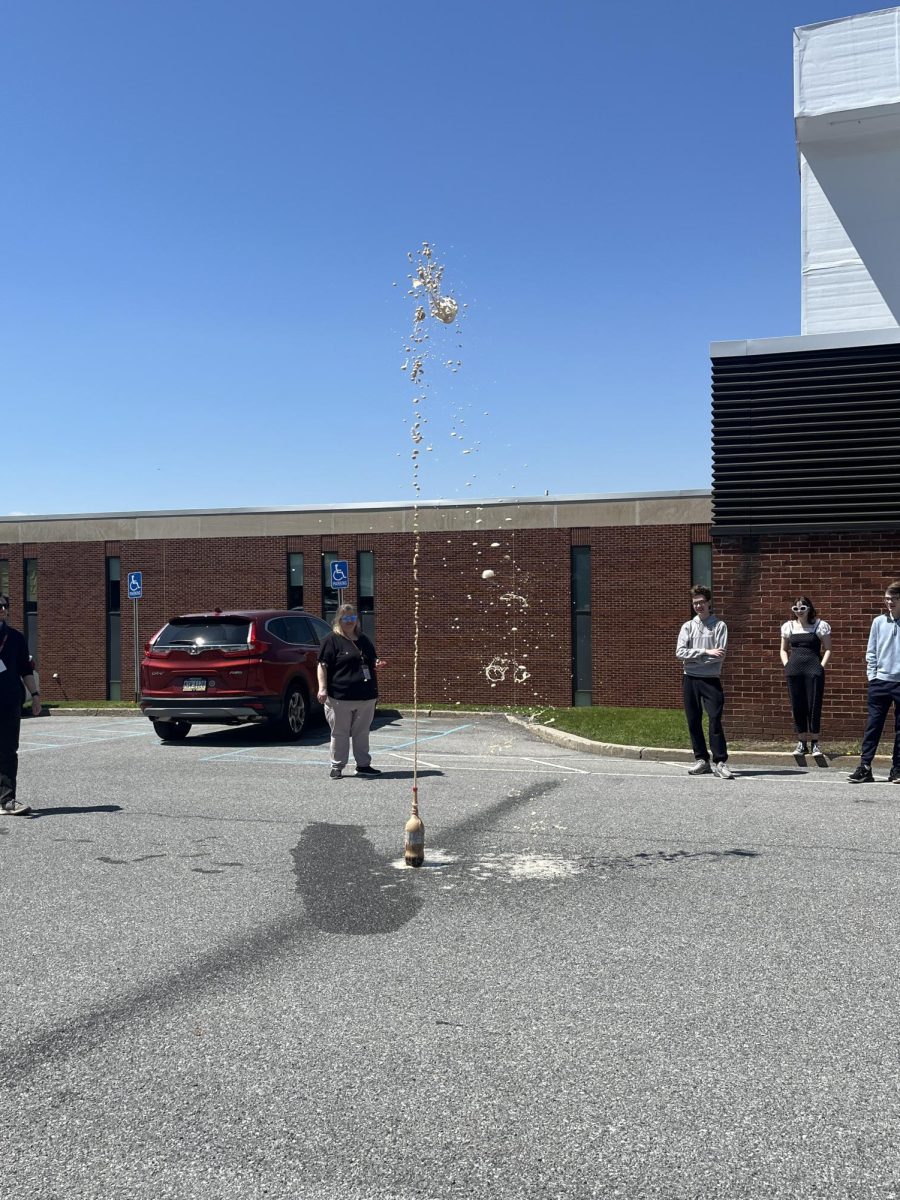Swatting calls are getting more frequent. Swatting calls are prank calls that report imaginary crimes like shootings, bombings etc. On Mar. 29, 2023, dozens of schools nationwide were sent into lockdown after hoax calls were made reporting active shooters in the buildings.
Swatting calls can be computer-generated or an unidentified person can make them. They are illegal and dangerous fake emergency calls to send police and SWAT teams to somebody’s home or place of employment.
While this often happens in schools and major organizations, this also can happen to individual houses. On Jan. 20, a swatting call was made to alumna Claudia Clapper’s home.
For Clapper, it all began at 11:30 p.m.
“Claudia’s step-dad Stephen Port came down the stairs to ask me if I had accidentally called the police because he had gotten a call back from them asking if someone had called for an incident involving a man named Stephen killing his mother,” alumna Myah Lear said.
The original call said that police were already there, but when the home residents went to look, nobody was outside.
“He (Port) said to check the door again because the police were outside according to the call. Claudia’s mom came downstairs to check outside, and we walked out the door. We didn’t see anyone so we went back in,” Lear said.
When police had arrived on the scene, everyone was being told to approach the police, as police saw them.
“Stephen called the police back to see what was happening, and they said that they were outside. Claudia’s mom, Jessica, walked further outside and then all the sudden, there were flashlights on her, and she was told to approach the police,” Lear said.
Police have no way to identify fake calls versus real calls until investigation happens.
“There is intent to harm someone there or in the home if nothing serious is actually going on by the call. I think there should be more training on how to better handle swatting situations as time evolves now,” Clapper said.
Everyone was told to go outside and meet with the police, and Port was detained.
“We were told to go outside, so I walked out. Claudia walked out after me and then flashlights were pointed towards us with guns drawn. They told us to stop walking and then proceed forward. Once we got close to them, we were separated to be patted down separately and then guided to an alcove together where we met up with her mom again. Port was guided out of the house last, and he was detained because he was the primary suspect in the investigation of the swatting call,” Lear said.
Once they were done outside, police searched the house and all of the rooms.
“While they were storming the house, the other officers were asking us about our names, addresses and phone numbers. We had some other conversation after information was given, but all I remember was being very cold,” Lear said.
While the house was being searched, they were left unaware of what was going on.
“They gave us pat downs and didn’t tell us until we were away from the house about a half hour after we were outside as they did a sweep of the house. They finally told us information and let us back into my home,” Clapper said.
They weren’t able to go back into the house until around 12:30 a.m.
“Police were still gathered in the house. Stephen and Jessica spoke with the police about what was happening and why we thought it happened. After that, they pretty much left and wished us a good night,” Lear said.
While the house was being searched, Lear felt as if there was a disconnection between the police and us.
“During the incident, it felt like there was a disconnect from the police station. Stephen was on the phone at the beginning of the incident and the police outside and this is something that confused everyone because we didn’t know what we were supposed to do while it was happening,” Lear said.
It left Clapper traumatized due to how the situation was handled.
“The experience honestly is traumatizing. They had all sorts of information, and they didn’t handle the situation correctly. Swatting calls are seriously dangerous, no one should ever have to go through them,” Clapper said.
Even elected officials have experienced these scenarios.


